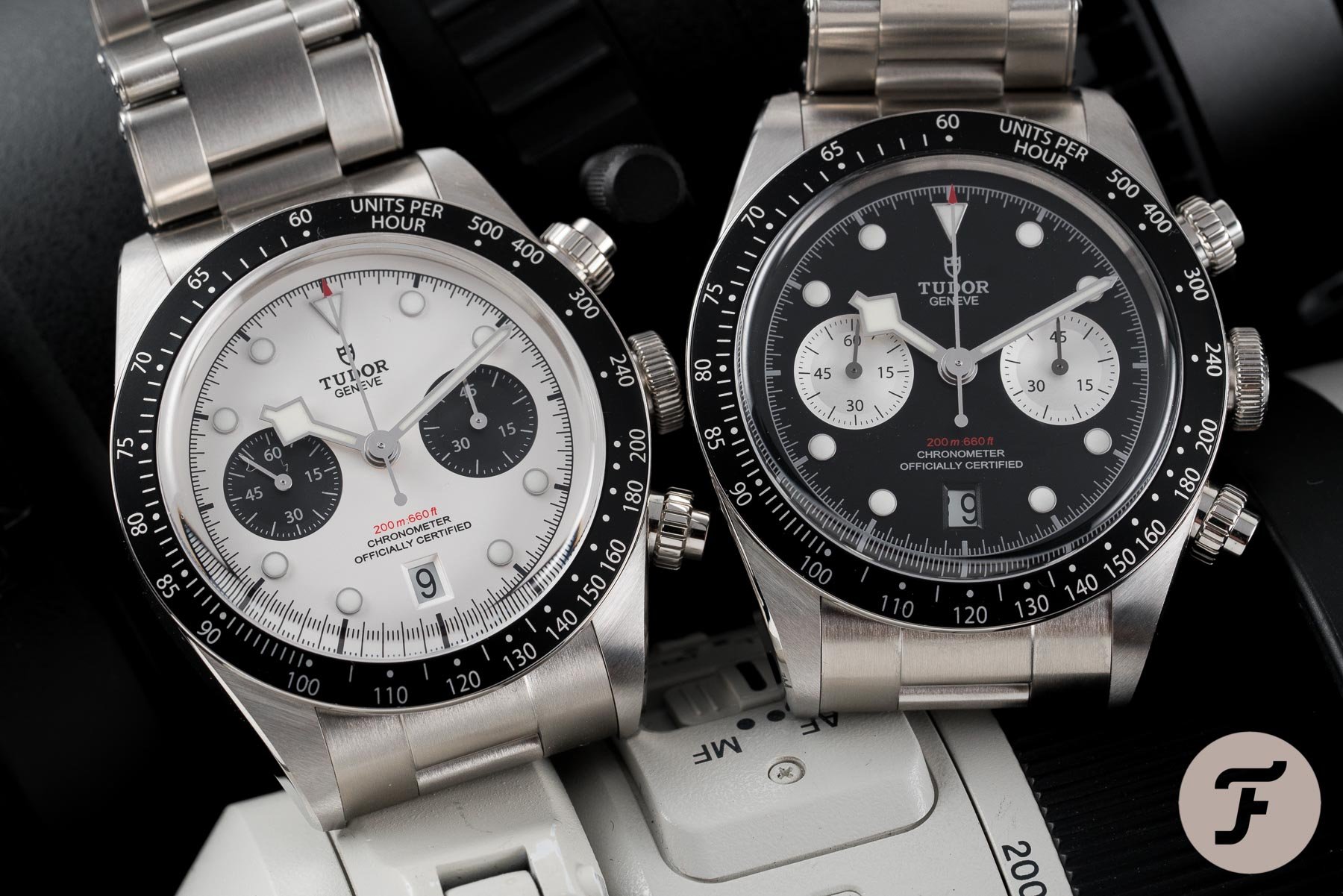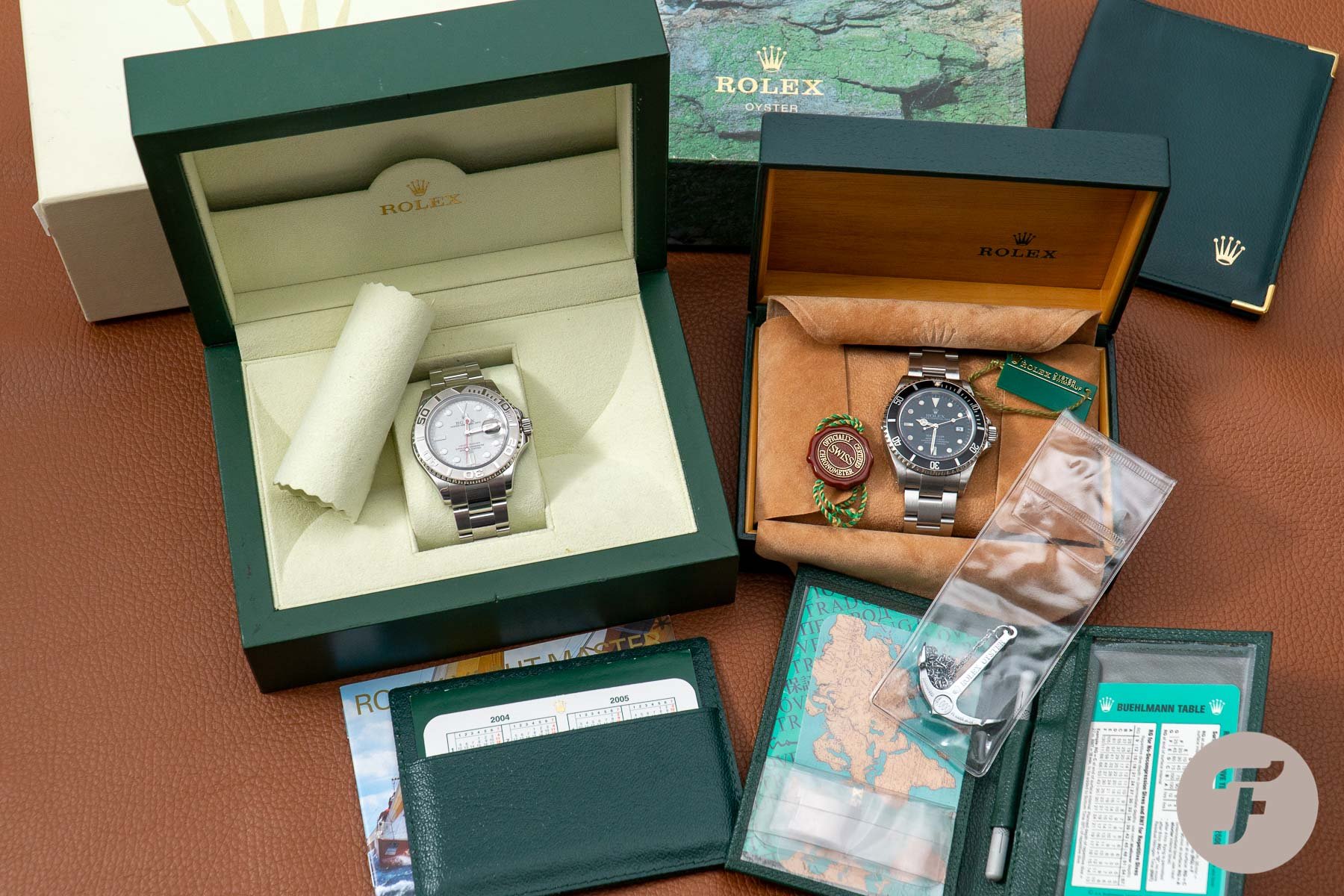Watch Passion Explained: The Narrating Self Makes Us This Way
As watch admirers and collectors, we can get pretty intense at times. We devote countless hours to researching and hunting watches. We pour irresponsible percentages of our hard-earned cash into these objects. And, at times, we can get a little hot-headed over it all. Today, I want to take a slightly psychological approach to watch collecting. Let’s explore what kinds of explanations for our obsession we can find in the science of the mind. I will focus particularly on a theory about why we can get a bit tense in comment sections and social media — the theory of the narrating self.
As is the case for many people in the watch industry, this was my “backup career”, so to speak. I started my professional life in consultancy. My field of specialization was subconscious consumer behavior, in short, the field of how our perceptions and behaviors are formed and influenced. After about a decade, I decided to follow my heart and make the switch to the watch world. The knowledge I acquired in my “plan A career”, however, turns out to be quite applicable here.
I was triggered by Lex’s recent article “Dear Watch Fans, Why So Angry?”. Lex is right, of course. You would think that we would feel strongly about the war in Ukraine, the climate, and discrimination. Surely, not about something as inconsequential as a wristwatch? I decided to explore why this is not how it seems to work in real life. Here are my two cents on the matter:
The narrating self
The theory of the narrating self describes how our inner voice fabricates our perceived identity. Within this random chaos of our lives, it is this voice that makes sense of it all. It is a construct of nature and nurture, our memories, and the stories we build around them. It also incorporates our dreams and plans into a congruent story of “this is me”.
You may recognize snippets such as, “I am a kind person. I am strict but fair. I am a country/city person. I am a party animal. I am tough. I am sensitive and perceptive. I do what it takes to provide for my family. I am a critical thinker.” Your unique combination of such notions forms your self-image as constructed and guarded by your narrating self.
Erratic behavior explained
Our behavior is generally quite erratic. A lot of it is driven subconsciously. Therefore, without the narrating self, we would feel like we were riding a rollercoaster in the dark. This inner voice provides us with a coherent, congruent story about ourselves, much like a narrator in a documentary would.
Let me get a little personal, as an example. I see myself as a healthy individual with healthy habits. Still, I do a little more snacking than I should. I have noticed my self-talk usually goes a little something like this: “It’s fine to get those ham and cheese croissants. You will eat healthy tomorrow because you have iron discipline and self-control.”
This inner voice provides us with a coherent, congruent story about ourselves
As you can see, my narrating self is hard at work bridging the gap between reality (unhealthy behavior) and my self-image (healthy guy). This is a key trait of the narrating self. It is extremely adept at protecting the image it has created of our identity. It is really quite fierce, ensuring nothing breaks the ideas and delusions we have about ourselves. If someone were to point out to me that I have more of these unhealthy days than healthy ones, I would likely become very defensive. Even though it may be the truth, it does not align with my self-talk and therefore makes me extremely uncomfortable.
Now to watches and the narrating self
Don’t worry, this is still a watch community. Let me tie all this to our shared passion. Since you are here, you have likely found yourself bitten by the watch bug at some point in your life. Something happened that made you say, “I am a watch person.” Watches have become part of your story. Being a watch person is now a trait you attribute to yourself. The narrating self now uses this trait to explain your behaviors.
So then we get deeper into the hobby. We build stories around the minutiae that we feel are important within this little universe of ours. We try to form our opinions in a manner that is congruent with our larger story. Do you recognize something like the following statements? “I am a rational, sensible person. Therefore I only buy value-packed microbrand watches.” Or, “I am a person of high standards, so I only buy the best. Life is too short to wear anything less.” How about this one? “I am not affected by branding nonsense or status. Therefore, I do not need a watch from a big-name brand.”
Uncomfortable differences
Our narrating self is now hard at work defending these elements of our self-image. This means it is very uncomfortable to come across something that puts a dent in this “infallible” notion we have fabricated.
This is why it is so hard to swallow criticism aimed at something you like. Or praise of something you dislike, for that matter. You have a perfectly congruent story about it in your mind, one that feels like the absolute truth. It is a story that is fiercely defended by your narrating self. When someone puts a dent in that story, it truly feels like an attack on your identity. I get that! I feel the same way.
A harsh comment says most about the commenter
I remember being told as a child that when another kid was mean, it said more about him than about me. It was not until I understood the workings of the narrating self that I really felt this was true.
What you are seeing is someone else’s struggle to maintain a congruent story.
If you ever find yourself viciously attacked on social media or in our comment section (we actually try and prevent that by taking out the ones that are needlessly aggressive or personal), think of it this way:
When you look at a harsh comment on Fratello (or anywhere, for that matter) from a “narrating self” angle, it softens it quite a lot. What you are seeing is someone else’s struggle to maintain a congruent story under the pressure of being confronted with your story. I cannot help but think that any opinion — including mine — is pretty ridiculous in the grand scheme of things.
It also explains why we can be so much more fanatical about a wristwatch than we are about war or the climate. It is because wristwatches are part of our constructed identity. War and the climate might not be. We are not built to be rational and reasonable. We are built to take care of ourselves.
Valuable criticism
This is not to say that I do not take feedback, criticism, or comments seriously. For instance, I can be factually wrong. You might point out that I have written about a “42mm watch” when it is actually 41mm.
Furthermore, sharing constructed stories can actually be fun too. Perhaps I have built a story around why I think, for instance, homage watches are unappealing. Maybe you have your reasons for thinking they are great. We can learn from each other. Shooting at each other from our own trenches, however, is unlikely to have any effect other than the decimation of the land between us.
At Fratello, by the way, we are proud to have a particularly classy community. Compared to other media, we tend to have mostly very decent and constructive comments from passionate readers. So big kudos to you!
A little time works miracles
In summary, expressing an opinion is often merely an effort to resolve an internal conflict externally. Unless, of course, it concerns a matter that actually directly affects your life. Just look around you. I bet the most opinionated people in your life are not the most adept at introspection and self-control.
Still, we all feel the urge to type a strong-worded response to a conflicting opinion every once in a while. Your best bet is to walk away for a moment. Give it some time. Think about why someone else’s words seem to affect you so much. What is really causing this internal friction? It can really make the difference between making a fool out of one’s self (pun intended) and a measured, constructive comment.







